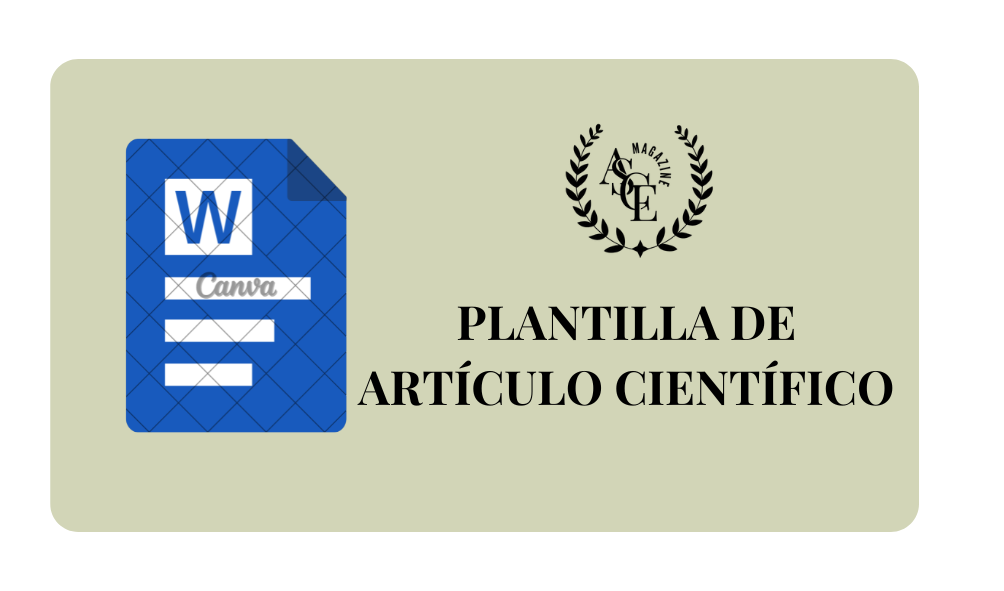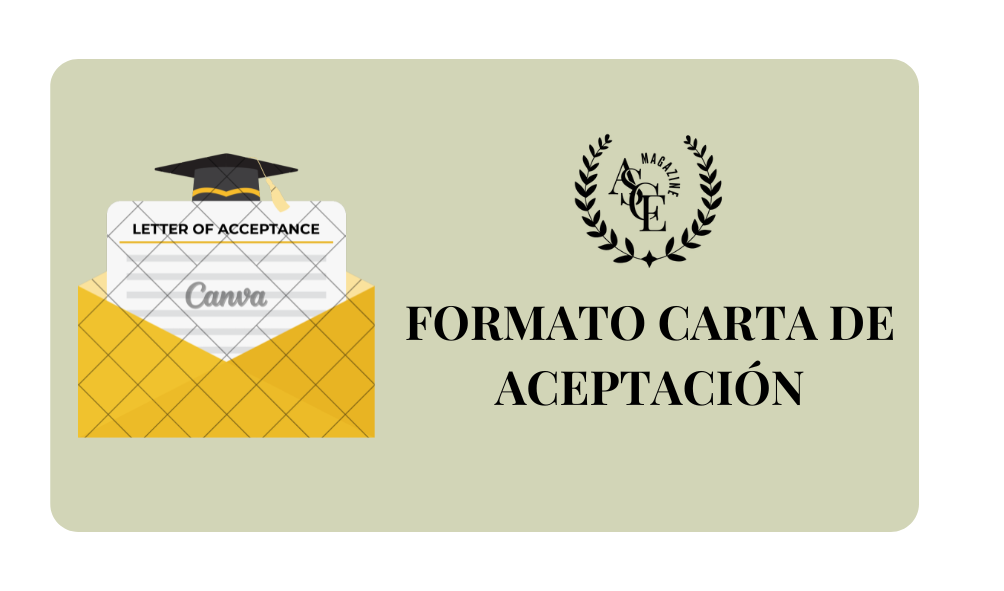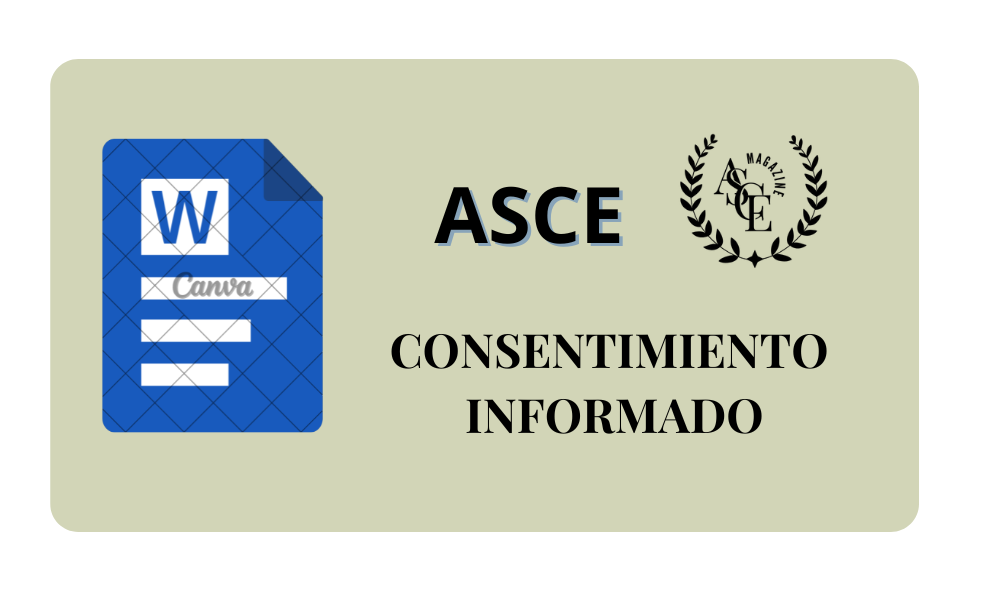Academic and professional use of specialized software in the education of civil engineers in Ambato, Ecuador
DOI:
https://doi.org/10.70577/asce.v4i4.511Keywords:
Information Technologies; Higher Education; Civil Engineering; Digital Skills, Computer SoftwareAbstract
The advancement of Information and Communication Technologies (ICT) has transformed educational processes in higher education, particularly in technical disciplines such as Civil Engineering. This study examined the academic and professional use of specialized software among Civil Engineering students at the Pontificia Universidad Católica del Ecuador, Ambato campus, with the aim of determining their level of knowledge, use, and access to these tools. The research adopted a quantitative, descriptive, and cross-sectional design. A questionnaire adapted from the ACUTIC model was administered to a sample of 101 students from the first to the fifth semester. The results showed a positive attitude toward the use of ICT in learning and a favorable perception of its contribution to the development of technical and academic competencies. However, gaps were identified between formal knowledge and the effective use of specialized software, revealing learning processes driven more by empirical practice than by structured instruction. The use of computer-aided design software such as AutoCAD, Revit, ETABS, and SAP2000 was common, although mastery of analytical or research-oriented tools remained limited. Additionally, students presented high levels of internet access and availability of technological devices but reported limited use of academic databases. The findings highlight the need to incorporate the teaching of specialized software within the university curriculum to strengthen the digital and technical competencies of future civil engineers.
Downloads
References
Abudayyeh, O., Cai, H., Fenves, S., Law, K., O´Neil Robert, y Rasdorf, W. (2004). Assessment of the Computing Component of Civil Engineering Education. Journal of Computing in Civil Engineering, 18(4), 187–195. https://doi.org/10.1061/ASCE0887-3801200418:3187 DOI: https://doi.org/10.1061/(ASCE)0887-3801(2004)18:3(187)
Al-Khiami, M. I., Jaeger, M., y Soleimani, S. M. (2023). The Integration of Digital Techniques in Engineering Education: A Case Study to Evaluate Student’s Motivation and Performance. International Journal of Information and Education Technology, 13(5), 844–848. https://doi.org/10.18178/ijiet.2023.13.5.1877 DOI: https://doi.org/10.18178/ijiet.2023.13.5.1877
Alvarado Pazmiño, E. R., Ronquillo Murrieta, F. E., Bohórquez Morante, A. M., y Morla Barco, E. L. (2023). Impacto de las TICs en el proceso de Aprendizaje de los estudiantes. Journal of Science and Research, 324–340. https://doi.org/https://doi.org/10.5281/zenodo.10420523
Arras Vota, A. M. de G., Torres Gastelú, C. A., y García Valcárcel Muñoz Repiso, A. (2011). Competencias en Tecnologías de Información y Comunicación (TIC) de los estudiantes universitarios. Revista Latina de Comunicación Social, 66, 130–155. https://doi.org/10.4185/rlcs-66-2011-927-130-152 DOI: https://doi.org/10.4185/RLCS-66-2011-927-130-152
Beneitone, P., Esquetini, C., González, J., Maletá, M. M., Siufi, G., y Wagenaar, R. (Eds.). (2007). Reflections on and outlook for Higher Education in Latin America. University of Deusto. http://tuning.unideusto.org/tuninga
Borja Solano, M. P. (2023). El Uso de las Tic en la Educación: Una Aproximación a la Educación Digital Pospandemia en el Ecuador. Ciencia Latina Revista Científica Multidisciplinar, 7(1), 14308–14328. https://doi.org/10.37811/cl_rcm.v7i1.5911 DOI: https://doi.org/10.37811/cl_rcm.v7i1.5911
Carvajal Morales, J. M., León Plúas, E. E., Valenzuela Cobos, J. D., y Guevara Viejó, F. (2024). Educational Design in the Adoption of ICT for Sustainable Digital Learning in Social and Business Sciences: A Structural Equation Model. Sustainability, 16. https://doi.org/10.3390/su162310674 DOI: https://doi.org/10.3390/su162310674
Del Savio, A. A., Galantini Velarde, K., Díaz-Garay, B., y Valcárcel Pollard, E. (2022). A Methodology for Embedding Building Information Modelling (BIM) in an Undergraduate Civil Engineering Program. Applied Sciences, 12(23), 1–22. https://doi.org/10.3390/app122312203 DOI: https://doi.org/10.3390/app122312203
Deroncele Acosta, Á., Medina Zuta, P., Goñi Cruz, F. F., Román Cao, E., Montes Castillo, M. M., y Gallegos Santiago, E. (2021). Innovación Educativa con TIC en Universidades Latinoamericanas: Estudio Multi-País. REICE. Revista Iberoamericana Sobre Calidad, Eficacia y Cambio en Educacion, 19(4), 145–161. https://doi.org/10.15366/reice2021.19.4.009 DOI: https://doi.org/10.15366/reice2021.19.4.009
Giovanna, A., Crespo Cabillo, I., y Marino, G. (2019). Representación del dibujo frente a simulación de los sistemas BIM. Oportunidad o amenaza para la Arquitectura. Architecture, City and Environment, 14(40), 111–132. https://doi.org/10.5821/ace.14.40.6689 DOI: https://doi.org/10.5821/ace.14.40.6689
Martínez García, C., Castro Escalante, C., y Nieto Mendoza, I. (2021). Educación y tecnología: Actitud, conocimiento y el uso de las TIC en universitarios barranquilleros de la Facultad de Arquitectura. Dictamen Libre, 28, 49–60. https://doi.org/10.18041/2619-4244/dl.28.7292 DOI: https://doi.org/10.18041/2619-4244/dl.28.7292
Mayorga Ases, L. A., Mayorga Ases, M. J., Silva Chávez, J. A., y Páliz Ibarra, S. J. (2023). Gamificación y TICS en la educación en Ecuador. Conciencia Digital, 6(3), 6–16. https://doi.org/10.33262/concienciadigital.v6i3.2591 DOI: https://doi.org/10.33262/concienciadigital.v6i3.2591
Mirete Ruiz, A., García-Sánchez, F. A., y Hernández Pina, F. (2015). Cuestionario para el estudio de la actitud, el conocimiento y el uso de TIC (ACUTIC) en Educación Superior. Estudio de fiabilidad y validez. Revista Interuniversitaria de Formación del Profesorado, 29(2), 75–89.
Mondragón del Ángel, L. Á., y Canchola Magdaleno, S. L. (2023). Competencias tecnológicas de estudiantes de arquitectura de Querétaro, México. Advances in Building Education, 7(1), 9–20. https://doi.org/10.20868/abe.2023.1.5084 DOI: https://doi.org/10.20868/abe.2023.1.5084
Navarro Delgado, I., y Fonseca Escudero, D. (2017). Nuevas tecnologías de visualización para mejorar la representación de arquitectura en la educación. Architecture, City and Environment, 12(34), 219–238. https://doi.org/10.5821/ace.12.34.5290 DOI: https://doi.org/10.5821/ace.12.34.5290
Pacheco Montoya, D. A., y Martínez-Figueira, E. (2021). The Perception of the Incursion of the TIC in Higher Education in Ecuador. Estudios Pedagogicos, 47(2), 99–116. https://doi.org/10.4067/S0718-07052021000200099 DOI: https://doi.org/10.4067/S0718-07052021000200099
Pino Tarragó, J. C., Domínguez Gálvez, D. L., Regalado Jalca, J. J., y Villavicencio Cedeño, E. G. (2025). Artificial intelligence and soft skills in civil engineering education: A Latin American curriculum gap with global implications. Research in Globalization, 11. https://doi.org/10.1016/j.resglo.2025.100307 DOI: https://doi.org/10.1016/j.resglo.2025.100307
Ramírez de Dampierre, M., Gaya-López, M. C., y Lara-Bercial, P. J. (2024). Evaluation of the Implementation of Project-Based-Learning in Engineering Programs: A Review of the Literature. En Education Sciences (Vol. 14, Número 10). Multidisciplinary Digital Publishing Institute (MDPI). https://doi.org/10.3390/educsci14101107 DOI: https://doi.org/10.3390/educsci14101107
Ramón Pucurucu, L. P. (2024). Impacto de las TIC sobre la modernización educativa en Ecuador para mejorar el alcance académico. Reincisol., 3(5), 210–224. https://doi.org/10.59282/reincisol.v3(5)210-224 DOI: https://doi.org/10.59282/reincisol.V3(5)210-224
Solórzano Chaca, E. (2021). Competencias digitales de estudiantes y profesores universitarios: una revisión sistemática. Ciencia Latina Revista Científica Multidisciplinar, 5(6), 13645–13661. https://doi.org/10.37811/cl_rcm.v5i6.1348 DOI: https://doi.org/10.37811/cl_rcm.v5i6.1348
Downloads
Published
How to Cite
Issue
Section
License
Copyright (c) 2025 Roberto Sebastián Quintana Vásconez, Diego Enrique Fernández Sánchez, Luis Manuel Fernández Delgado, Luis Jaime Fernández Sánchez

This work is licensed under a Creative Commons Attribution-NonCommercial-ShareAlike 4.0 International License.
Eres libre de:
- Compartir : copiar y redistribuir el material en cualquier medio o formato
- Adaptar : remezclar, transformar y desarrollar el material
- El licenciante no puede revocar estas libertades siempre y cuando usted cumpla con los términos de la licencia.
En los siguientes términos:
- Atribución : Debe otorgar el crédito correspondiente , proporcionar un enlace a la licencia e indicar si se realizaron cambios . Puede hacerlo de cualquier manera razonable, pero no de ninguna manera que sugiera que el licenciante lo respalda a usted o a su uso.
- No comercial : no puede utilizar el material con fines comerciales .
- CompartirIgual — Si remezcla, transforma o construye sobre el material, debe distribuir sus contribuciones bajo la misma licencia que el original.
- Sin restricciones adicionales : no puede aplicar términos legales ni medidas tecnológicas que restrinjan legalmente a otros hacer algo que la licencia permite.





































